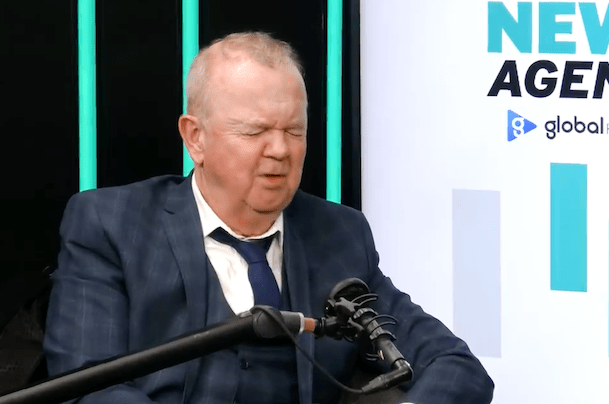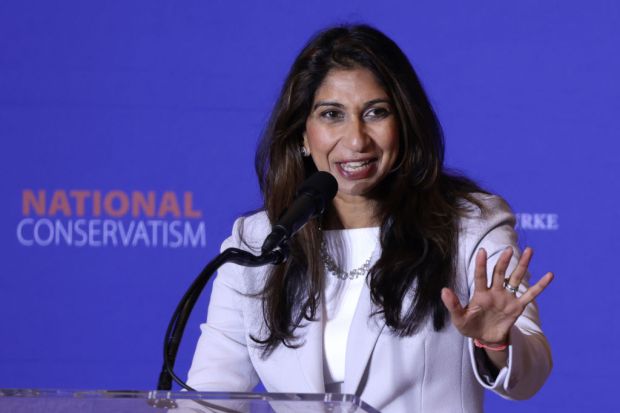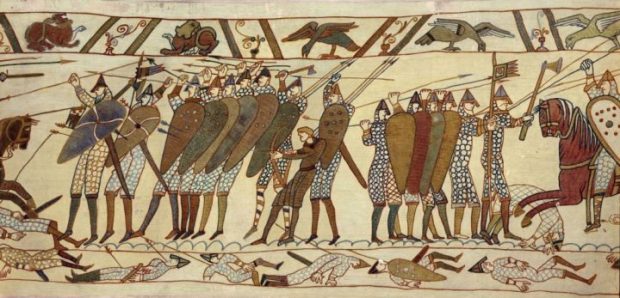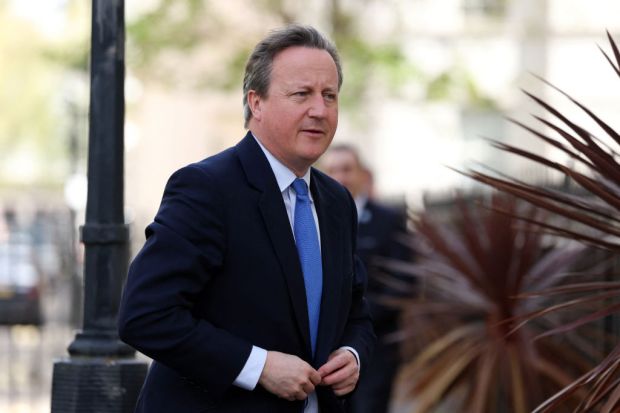A common attack line against populist politicians such as Nigel Farage or Donald Trump is that their attacks on contemporary elites are in some sense inauthentic because they themselves are members of those elites. Trump is, after all, a billionaire who has been prominent in New York corporate circles for almost half a century.
Already a subscriber? Log in
Subscribe for just $2 a week
Try a month of The Spectator Australia absolutely free and without commitment. Not only that but – if you choose to continue – you’ll pay just $2 a week for your first year.
- Unlimited access to spectator.com.au and app
- The weekly edition on the Spectator Australia app
- Spectator podcasts and newsletters
- Full access to spectator.co.uk
Or




















Comments
Don't miss out
Join the conversation with other Spectator Australia readers. Subscribe to leave a comment.
SUBSCRIBEAlready a subscriber? Log in